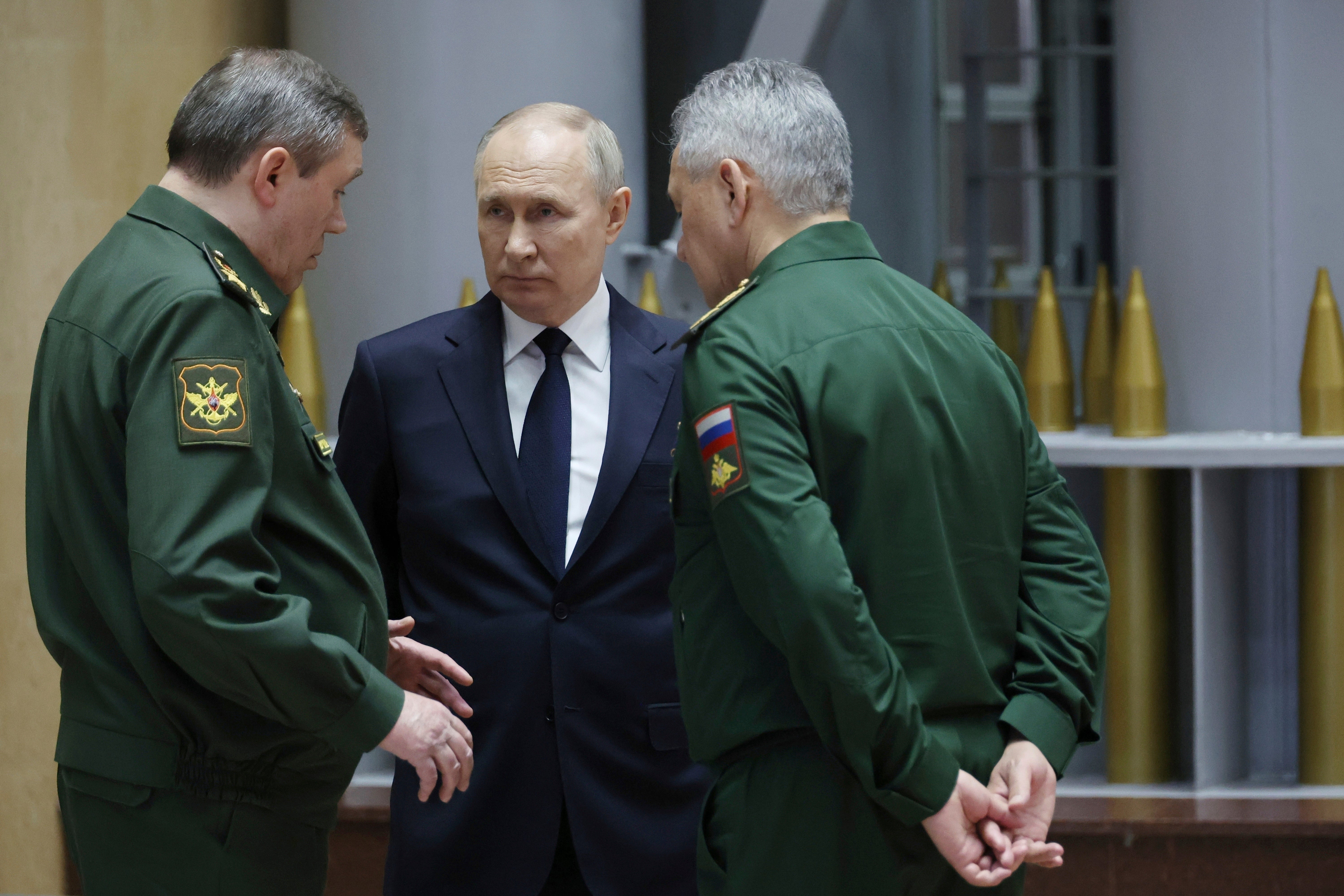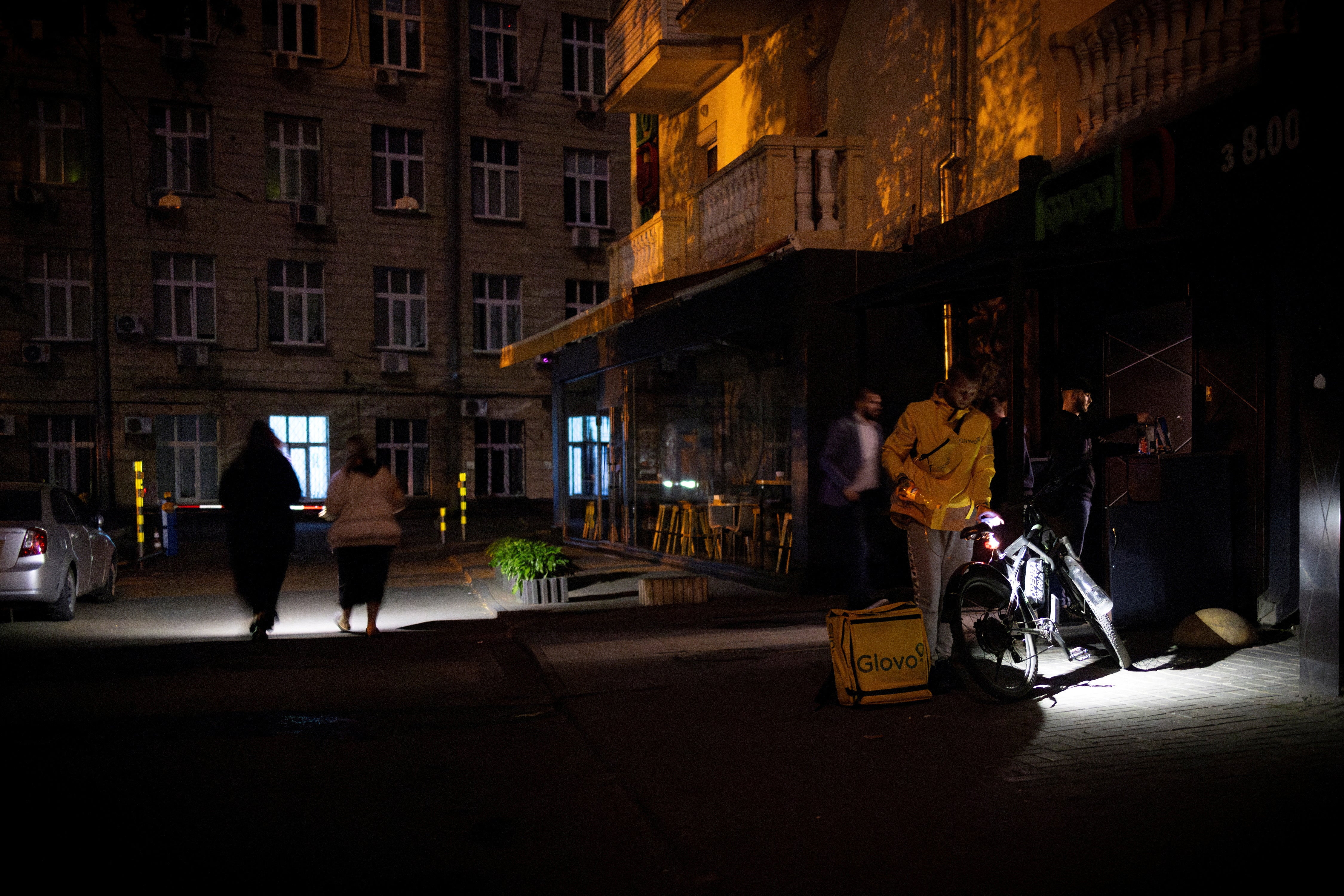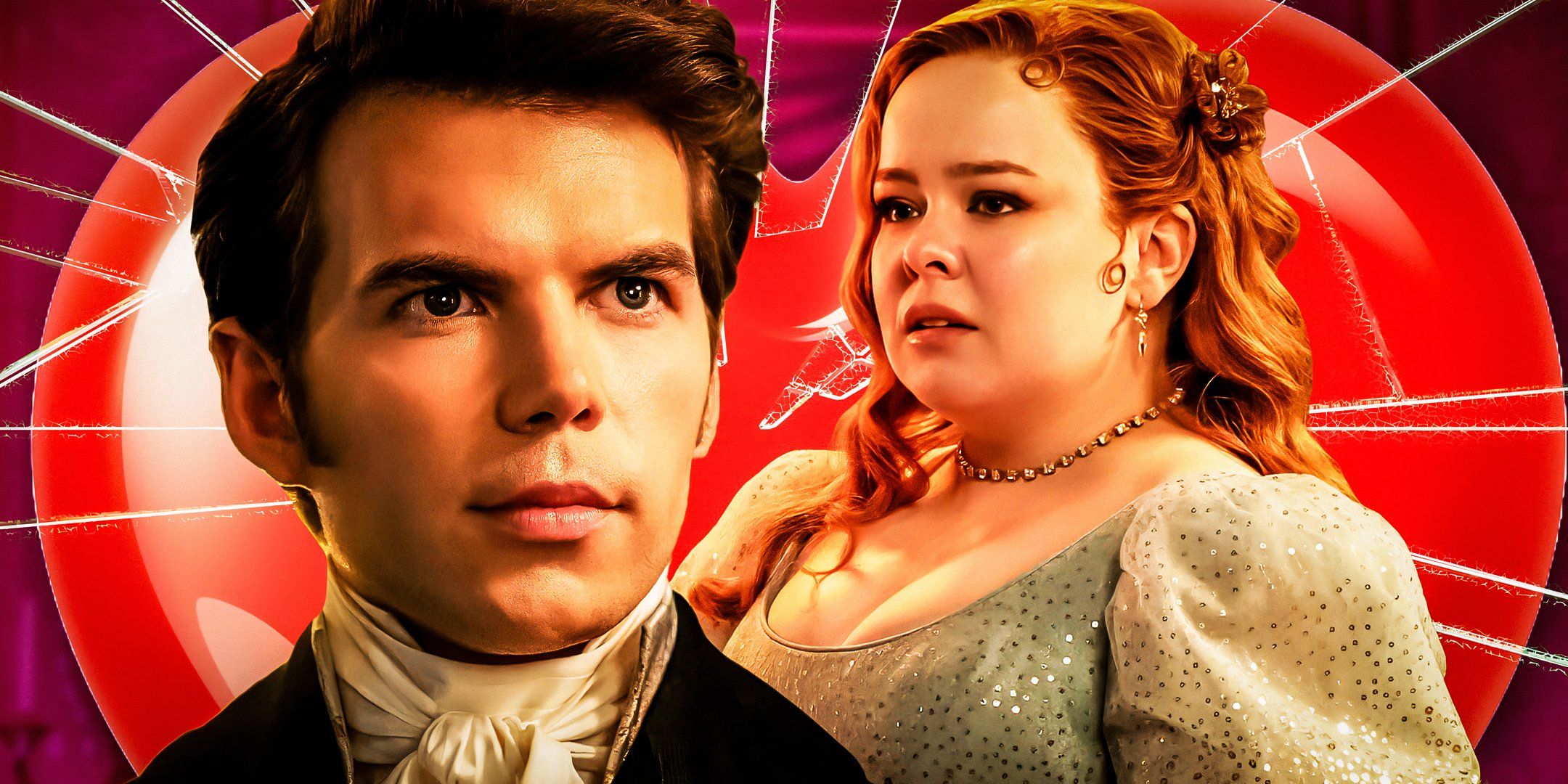Ukraine war: Supreme international court issues arrest warrants against high-ranking Russian officials for alleged war crimes

The International Criminal Court (ICC) has issued arrest warrants for two senior Russian politicians on suspicion of overseeing war crimes against civilians during Moscow’s invasion of Ukraine.
Former Russian Defense Minister Sergei Shoigu, a close ally of Vladimir Putin, and military chief Valery Gerasimov are accused of “ordering attacks on civilian objects,” “causing excessive harm to civilians or damaging civilian objects,” and “committing crimes against humanity or inhumane acts.”
The ICC statement added that there were “sufficient grounds to believe that the two suspects are responsible for missile attacks by Russian forces on Ukrainian electricity infrastructure from October 10, 2022 to at least March 9, 2023.”
They added that, in their opinion, if the targets of the attacks could have been classified as military targets at the time, “the expected damage and casualties to the civilian population would have significantly exceeded the expected military advantage.”
The arrest warrants come after Russia has again stepped up its long-range attacks on Ukraine’s energy infrastructure in recent months. It has launched at least eight large-scale airstrikes in recent weeks. In the latest attack, Moscow used dozens of drones and missiles, injuring several civilian workers and causing further power outages across the country.
Ukrainian President Volodymyr Zelensky recently said Moscow had destroyed half of his country’s electricity generation capacity since it began attacking its energy facilities in late March. Mr Zelensky has repeatedly called on Ukraine’s allies to send more air defense systems. Specifically, he has requested seven sophisticated air defense systems called Patriots from the United States.

During Russia’s more than two-year invasion of Ukraine, Moscow has carried out airstrikes every winter on Ukraine’s energy grid, which it says is a legitimate military target. The missile and drone attacks on power plants and other infrastructure have killed hundreds of civilians, Ukrainian officials say, and left millions without electricity or water for long periods. ICC chief prosecutor Karim Khan visited Ukraine in March last year to investigate the Russian airstrikes. The Kremlin insists it does not target civilians.
Andriy Yermak, Mr Zelensky’s top adviser, called the ICC’s move an “important decision”, adding that it was clear that Shoigu and Gerasimov bore “individual responsibility”.
“Everyone is blamed for evil,” he wrote in the messenger app Telegram.
The country’s human rights commissioner, Dmytro Lubinets, said the ICC’s decision meant Ukraine was one step closer to justice.
“Sooner or later, every war criminal will receive a just punishment!” he said in a statement published on his telegram.
There is no immediate likelihood that either suspect will be arrested. Russia is not a member of the World Court, does not recognize its jurisdiction, and refuses to extradite suspects.
Since the large-scale invasion of Ukraine, arrest warrants have been issued against at least six Russian officials.
In March last year, arrest warrants were issued against Putin and his children’s commission Maria Lvova-Belova for their role in the alleged forced deportation of Ukrainian children.

In March 2024, the ICC issued arrest warrants for top Russian commanders Sergei Kobylash and Viktor Sokolov on suspicion of war crimes in Ukraine, again in connection with “missile attacks by the forces under their command on Ukraine’s electricity infrastructure from at least October 10, 2022 to at least March 9, 2023.”
The latest wave of arrest warrants is a blow to some of Russia’s most senior politicians, both of whom were instrumental in Putin’s invasion of Ukraine. Russia denies committing war crimes in Ukraine and accuses the ICC of unfairly targeting Russian politicians.
Shoigu served as Putin’s defense minister from 2012 until earlier this year before being appointed chairman of Russia’s Security Council, a top Kremlin position responsible for the country’s internal and international security.
He was instrumental in Putin’s invasion of Ukraine. Last year he visited North Korea ahead of Putin’s meeting with the country’s dictator Kim Jong-un. Experts say this paved the way for a military deal that provided Moscow with deadly weapons from Pyongyang that it later allegedly used against Ukraine.
Gerasimov, who was appointed operational commander of the “special military operation” in Ukraine last year (a propaganda term used by the Kremlin to describe the invasion of its neighbor), has directly overseen the war from the beginning. He is both chief of the General Staff and deputy defense minister.
The Geneva Conventions and the additional protocols of international courts state that parties to a military conflict must distinguish between “civilian and military objects” and that attacks on civilian objects are prohibited.
The arrest warrants prohibit Shoigu and Gerasimov from visiting any of the 124 ICC signatory states, as those countries would be obliged to arrest the two officials upon their arrival.
This comes as Ukraine is close to officially starting accession talks with the European Union, which President Zelensky called a dream come true for his country’s citizens. Deputy Prime Minister for European and Euro-Atlantic Integration Olga Stefanishyna will lead the Ukrainian delegation at an intergovernmental conference in Luxembourg on Tuesday, marking the official opening of talks to align the countries’ laws and standards with those of the 27-nation bloc.
A few hours later, Moldova, which applied to join the EU after Russia’s invasion of Ukraine in February 2022 and was granted candidate status four months later, will attend a separate intergovernmental conference to officially launch its own accession process.
Nevertheless, the start of talks is another strong sign of solidarity with Ukraine, going beyond the billions in aid provided by the EU. It is also a sign of support for Moldova, which has its own problems with Russia.
“Generations of our people are realizing their European dream. Ukraine is returning to Europe,” Zelensky said in an online post after EU member states agreed to start talks on Friday.
Negotiations are likely to begin in a few months and the accession process will take years. Ukraine aims to join by 2030, but must first implement dozens of institutional and legal reforms. This massive list includes anti-corruption measures, as well as comprehensive reforms of the public administration and the judiciary.
On the battlefield, Zelenskyy fired the military commander who led the Kiev troops’ attack in eastern Ukraine after the general was accused of “killing more Ukrainian soldiers than any Russian general.”
In his evening video message, Zelensky announced that Lieutenant General Yuri Sodol had been replaced by Brigadier General Andriy Hnatov. The move came a day after Bohdan Krotevych, commander of the Ukrainian Azov Regiment, accused the general of causing significant military setbacks and large losses of personnel.
Without mentioning Sodol by name, Krotevych wrote: “All military men now know what kind of person I am talking about, because 99 percent of the military men hate him for what he does.”




